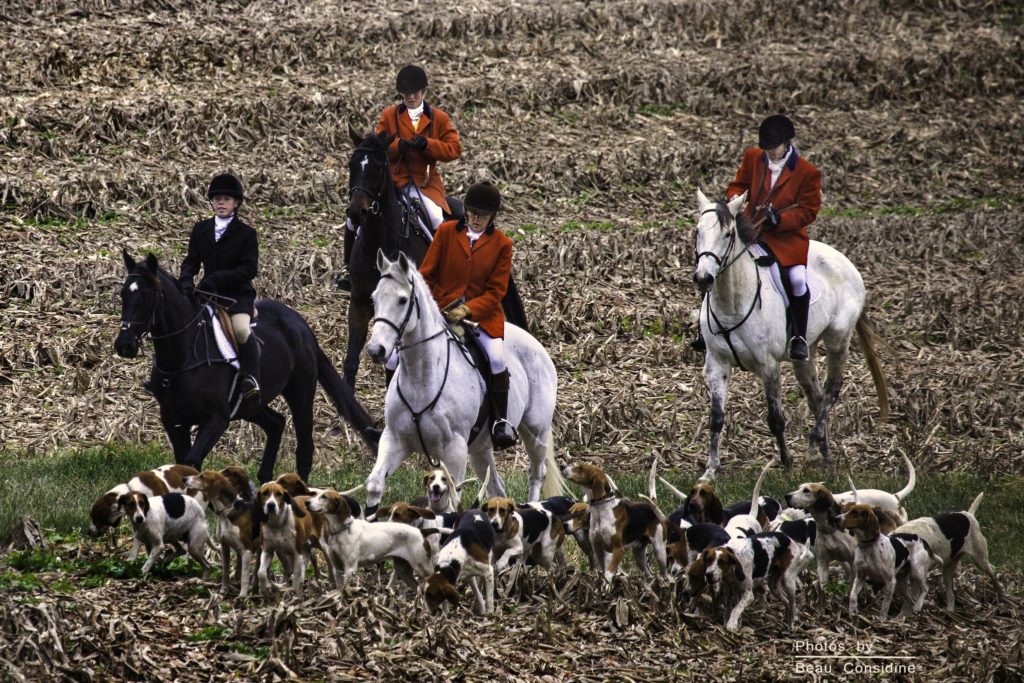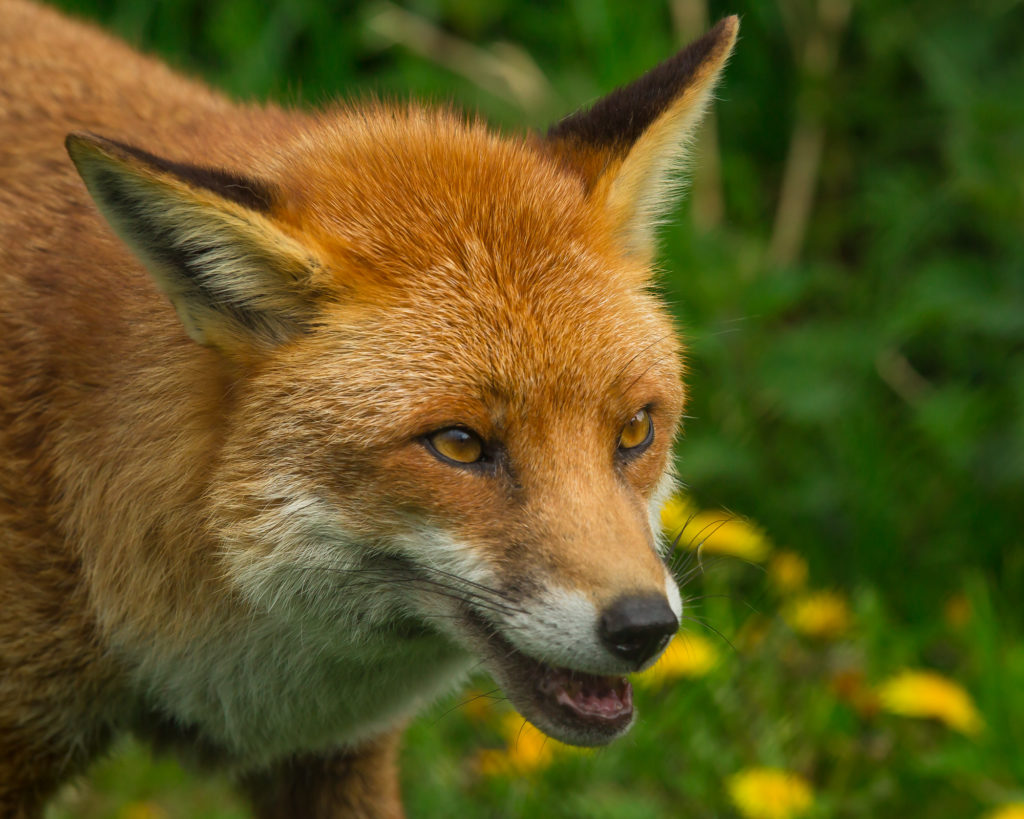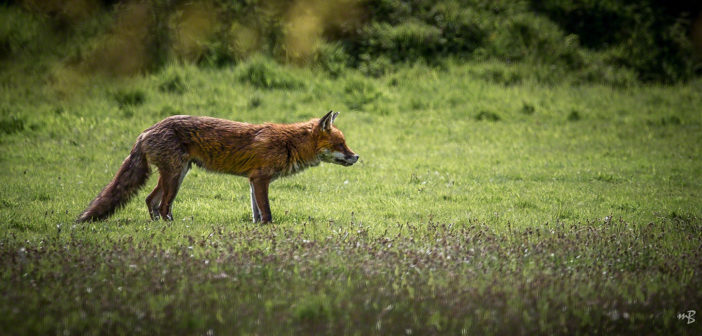“It’s a near unparalleled high, an exhilarating rush when you’re listening to the hounds and the huntsman in order to work out if the hounds have picked up a trail,” said Archie Winnington–Ingram, fox hunter.
It is refreshing when someone is honest about the thrill of the chase instead of citing a laundry list of rationale for hunting: population control, socializing, dog training, in fact, everything except the sheer intoxication of hunting an animal in an undisputedly asymmetric battle.
The subject of blood sports has received a shot in the leg because of the new rule of six guidelines regarding gatherings in the time of COVID-19, published by the United Kingdom’s Department for the Environment, Food and Rural Affairs. The guidelines contain exceptions for hunting and shooting – a decision reportedly delayed due to an internal government dispute.
Sir Roger Gale, founding member of Conservative Animal Welfare, has made the following statement: “I find it absurd that while restrictions are placed upon public gatherings, including most sporting events, including horseracing, and that while gatherings of more than six people even within a family are prohibited, it is apparently in order to assemble in large groups to hunt and to go out to shoot mostly hand-reared wild birds. Do hunters and shooters not catch or transmit COVID-19?”
It has been suggested that this exemption is to please conservative party donors who enjoy these activities. When factoring in the early opening of golf courses and car show rooms, the class bias looks comical, until we remember that people have died from obeying the lockdown law and consequently missing out on vital procedures; prostate cancer referrals have dropped by half and social isolation is contributing to suicidal behavior.

Hunters on horseback and trained hunting dogs. Image credit Beau Considine, CC BY-SA 2.0.
The explanation that hunting and shooting are safe because they are outdoor activities conflicts with Sir Roger’s observation about horse racing and other events, and besides, the argument for blood sports is almost always centered around the social aspects of the activity: the mingling, the camaraderie, the post-hunt back slapping over a bottle of port.
Surely, though, the most insincere of all the hunt defenders are those who care neither one way or another about the activity itself, but support anything perceived as antagonistic to their political nemeses. The convenient pigeon-hole that animal welfare proponents are virtue signaling, left-wing and probably, in some way hypocritical, is quite antiquated when you consider the politics of the most outspoken advocates today: Brigitte Bardot, Morrisey and Sir Roger himself.
The pseudo-intellectual/libertarian argument for robustness can easily slip into an excuse for apathy. Where is the freedom for the animal? And aren’t animals – given the chance – the very essence of robust resilience and stout spiritedness?

A red fox. Image credit Karen Bullock, CC BY-SA 2.0.
A financial claim frequently cited is that fox-caused damage to livestock impacts the UK at approximately £10 – 12 million annually. However, like with the rules for COVID-19, the overall picture is ignored. Foxes save farmers roughly £7 – 9 million a year by controlling rabbits, and they protect forestry by predating species which damage young trees. Added together, a zero-sum game until the balance is upset.
Spike Milligan, hardly known for placating politically correct sensibilities, declared on the television program Room 101 with regard to fox hunters: “If you’re watching tonight, you’re a lot of bastards,” but to expand his beautifully over-simplified case, here are some facts:
- The Royal Society for the Prevention of Cruelty to Animals (RSPCA) maintains that instead of controlling the fox population, some hunts even encourage foxes to live and breed by building artificial earths and putting food down to make sure there are enough foxes to be hunted.
- Autopsies reveal that foxes are not killed quickly, but endure bites and tears to their flanks and hindquarters, causing agonizing torment before death.
- Far from pursuing old, diseased and injured foxes, cubbing is exactly what it sounds like, except patrons of the hunt prefer the terms “Autumn Hunting” or “Hound Exercise.” A hunt surrounds a wood and the young hounds are sent in to drag out the cubs. If they escape, the hunters shout and smack their riding boots with whips to frighten them back inside. The vixen will try to defend her cubs, leading to a vicious dog fight.
After Boris Johnson’s 2015 article likening fox hunting to skiing and in which he described a “semi-sexual relation with the horse,” it is tempting to resort to pointing out the tiered fagging tradition of the public-school system, in which pantomimic displays of dominance and submission are standardized, and which often precedes a lifetime of revisiting these childhood themes in both the personal and political life.
More interesting now, though, is that along with pandemic pandemonium and pain, this year has also created the time and space to absorb some longstanding questions about what it is to be a human being, what it is to be alive and what it is to be brittle or brave.
Featured image: a red fox. Image credit m8oxy, CC BY-SA 2.0.





